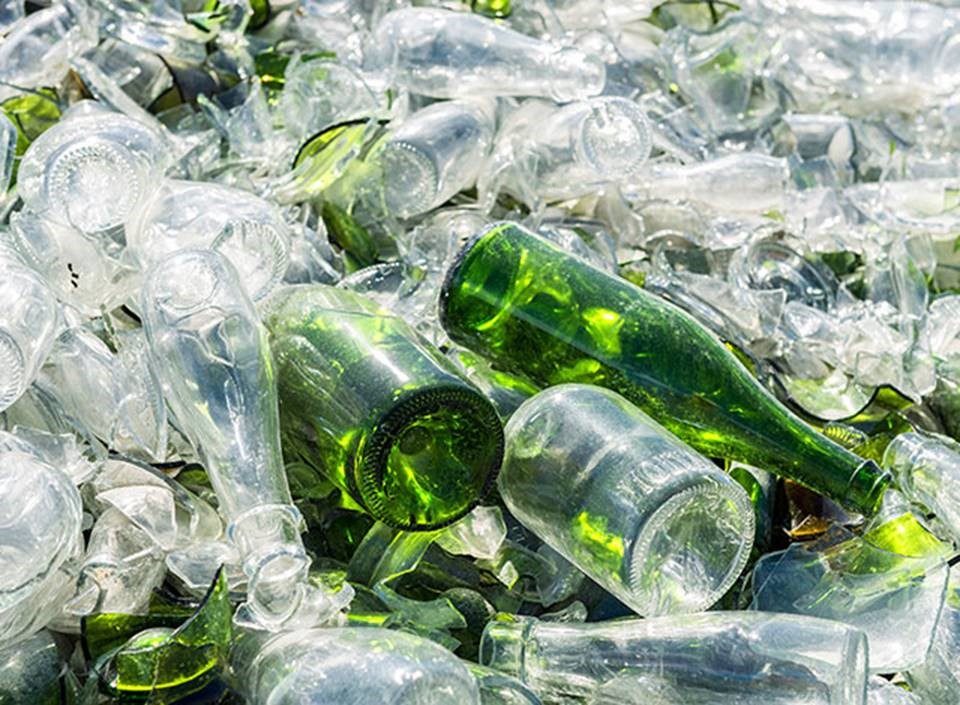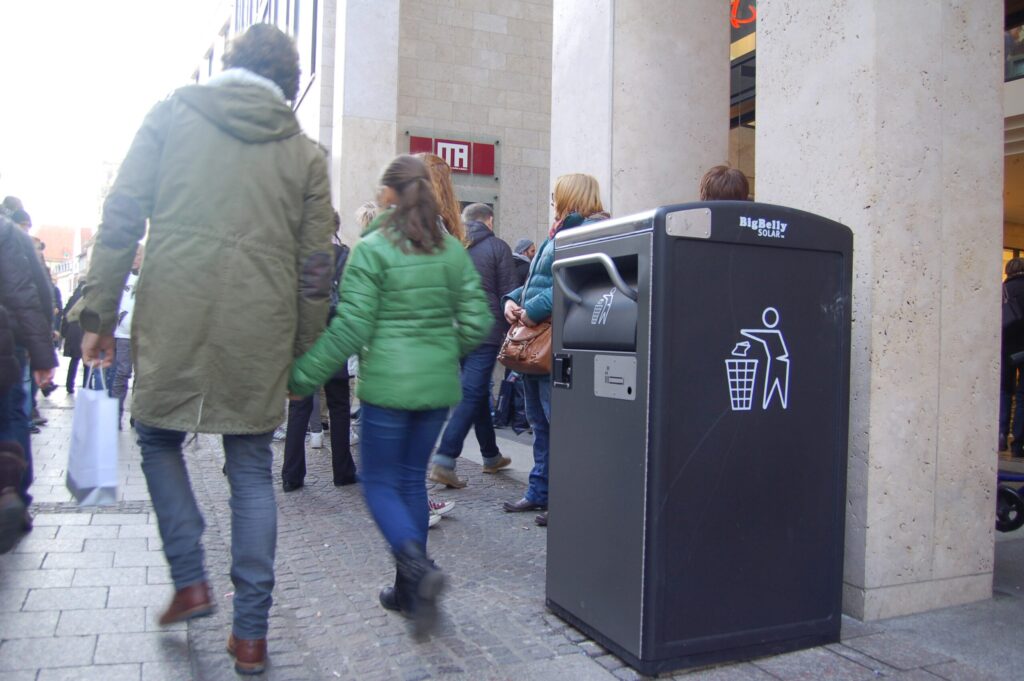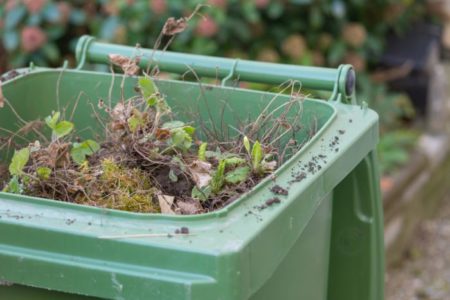
Ubico Ltd – the teckal company which provides the council’s waste services – has raised concerns about the risk the broken glass poses to crew members, who can sustain cuts and other injuries from the sharp materials.
Recycling collections are carried out fortnightly using a black box for paper, as well as a second black box for glass bottles and jars, a white sack for plastic and metal cans and areosols and a blue sack for cardboard.
Crew members have been told by Ubico not to collect recycling boxes which they can see have broken glass in them.
Councillor Andrew Doherty, cabinet member for waste, flooding and environmental health, said: “Ubico work extremely hard to ensure all waste is collected and processed correctly, and keeping our crews safe is of the utmost importance.
“Handling broken glass is dangerous so if crews handle kerbside boxes containing it, they have been advised by Cotswold district council and Ubico to exercise caution and refuse to take it.”
“Handling broken glass is dangerous so if crews handle kerbside boxes containing it, they have been advised by Cotswold district council and Ubico to exercise caution and refuse to take it.”
Cotswold council has issued five-step advise to residents to help them recycle safely. It has told householders to use one recycling box for paper and another for glass bottles and jars, as well as encouraging them to continue splitting other recycling between the appropriate sacks and caddies.
If broken glass must be disposed of it should be wrapped in paper, tissue or bubble wrap and placed in the residual waste bin.
“Following the council’s five-step advice will not only help to ensure that all waste is collected quickly and efficiently, but will, most importantly, ensure crews stay safe from harm when emptying recycling containers,” Cllr Doherty continued.
Hazards
Health and safety risks from unsafe recycling practices have been highlighted by other local authorities too.
Somerset council ran a dramatic waste safety campaign in 2015 which asked residents “not to stab” collections crews (see letsrecycle.com story).
The campaign warned people not to dispose of dangerous items such as broken glass, knives, scissors or sharp-edged cans in their recycling.
Concerns were raised by Tower Hamlets council about contamination in recycling in the same year – warning not just that the broken glass was dangerous but that it increased the costs of recycling (see letsrecycle.com story).
Health & Safety Conference
21 November, Stamford Court, Leicester
Hear from expert speakers discussing the latest health and safety developments in the waste and recycling sector.
www.healthandsafetyconf.com








Subscribe for free